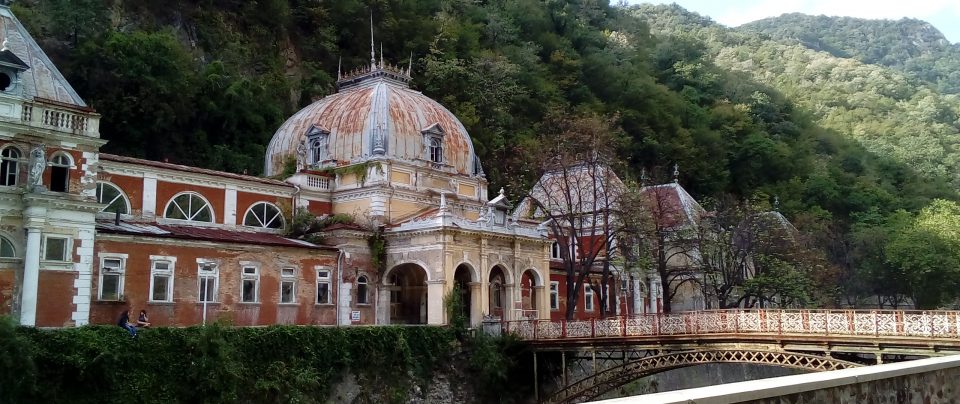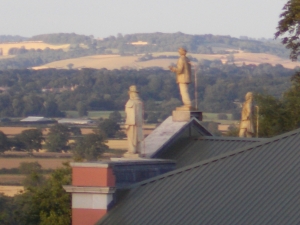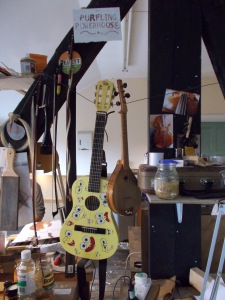Tags
Birmingham Post, Bliss, Elgar, Handel, Hereford, Longborough Opera, The Arts Desk, Three Choirs Festival
Well, not exactly; I’m working on a range of projects this month including programme notes for the Wigmore Hall, a feature on Mahler for the LPO, new orchestral biographies for the CBSO, and laying plans for an exciting new project for Amati Magazine (watch this space).
But things do generally get quieter on the concert scene in August, unless you’re in London or Edinburgh, and after a frantically busy 10 days, my last two long-range review missions will be my last for a couple of weeks, at any rate.
First was Longborough’s final show of the season: Handel’s Xerxes. It takes a lot to make me enjoy a Handel opera but this was…well, read my Birmingham Post review and see for yourself. Taken as a whole, I think it may even have been the most completely successful Longborough production (on all fronts) of the three I’ve seen this year. Longborough is like a little corner of operatic Eden: I’m going to miss that place (and not just for the people-watching and the picnics!)
And then on Monday, to Hereford, for the 300th Three Choirs Festival and a performance of Arthur Bliss’s choral symphony / war requiem Morning Heroes. A rarity like this makes a 180 mile round trip worth while; especially when the work is itself so noble, and the performance so committed. My review for The Arts Desk is here.
Out in the Cathedral close, Sir Edward Elgar had been suitably garlanded for the Festival week – he looked rather overwhelmed by the sudden attention, I thought.
It was good to catch up briefly with colleagues Chris Morley and Clare Stevens (the Festival’s phenomenal one-woman Press & PR team) at the Cathedral. But these long-range reviews can be lonely affairs, so I’d taken Bliss’s memoirs As I Remember along with me for the trip. And as well as giving me an extra level of insight into the strange, dignified but deeply emotional neglected masterpiece that is Morning Heroes itself, this meant that I had the company of Sir Arthur himself over lunch in Ludlow and my late-night pizza in Hereford before the drive north. Did you know he’d received fan-mail from Webern, was a friend of James Joyce, bashed through the sketches of the Symphony in 3 Movements with Stravinsky, and played tennis with Schoenberg? Well, now you do.















